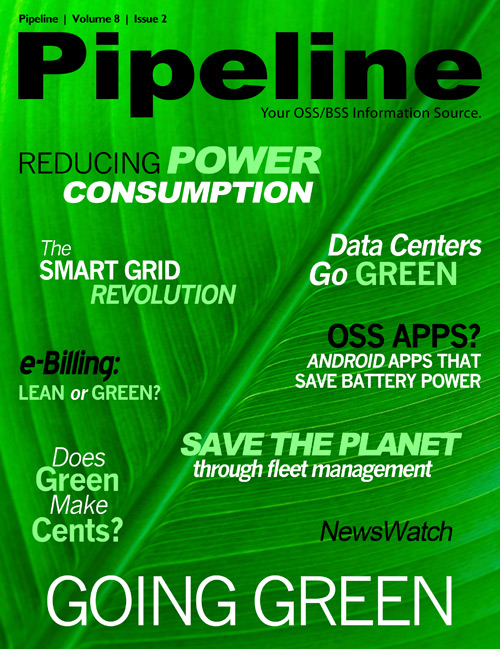As a simple solution, carriers could easily give users permission to remove bundled software (assuming they're not floating their growth plans based on the capital generated from partnership deals with companies like Photobucket). This doesn't mean allowing access to components in a device that would interfere with basic functionality; just give a user the ability to make informed decisions about the software on the device. To use a car analogy, it's like allowing a car buyer to choose his or her own favorite brand of tires, but not granting access to the fuel mixture settings in the car's computer.
Apps as OSS
In the Android Market, efficiency optimization apps are very popular. They're also routinely at the top of “Must Have” app lists that populate mobile-centric websites and forums. For users who don't want to root their Android devices, apps are an effective workaround that can restore efficiency that would otherwise be robbed by bloatware. These apps include:
- Launchers/Startup Managers: Apps that overlay a custom UI, manage the startup environment, and prevent bloatware from launching.
- Task Managers: Apps that can kill non-essential processes. These are routinely used to shut off bloatware. Examples include Advanced Task Killer, aTask Manager, and Advanced Task Cleaner.
- Schedulers: Apps that suspend all device activity based on a user-determined schedule, such as when a user is asleep.
- Data Management: Apps such as APNdroid that tightly monitor and control data usage on the network, and can shut off all communication to save on bandwidth and battery use.
Carrier-Side Solutions
Carriers could make their Android devices potentially more efficient by offering some pre-installed software management functionality. They could even charge more, perhaps, for devices that are unsubsidized by pre-installed software, but offer a cleaner Android experience.
Only one carrier in the US has advanced such a solution for Android devices: Sprint. The third-place carrier recently announced that Android users will be able to remove pre-installed software from their devices. Sprint said it reached this decision after fielding countless complaints from consumers regarding bloatware.
In Europe, Vodaphone UK made a similar decision last year after significant complaints over pre-installed software, Vodafone 360 links, and services. To remedy the situation, they sent an over-the-air update to the Android 2.1 OS with the offending elements removed.
The Future
While pre-installed software and media files create a revenue stream for the carriers and manufacturers, they are wrecking havoc on Android customer satisfaction. In contrast, iPhone users might have a more restrictive app and user environment, but never have to contend with bloatware, and the customer satisfaction numbers support this model as superior. Its part of the reason Windows followed this platform vs. Android for Windows 7 Mobile. Hopefully carriers with Android offerings will see the value in offering bloatware-free devices—or at least give consumers a choice. In the meantime, apps will continue to function as a user-mediated layer of OSS in the Android universe.





